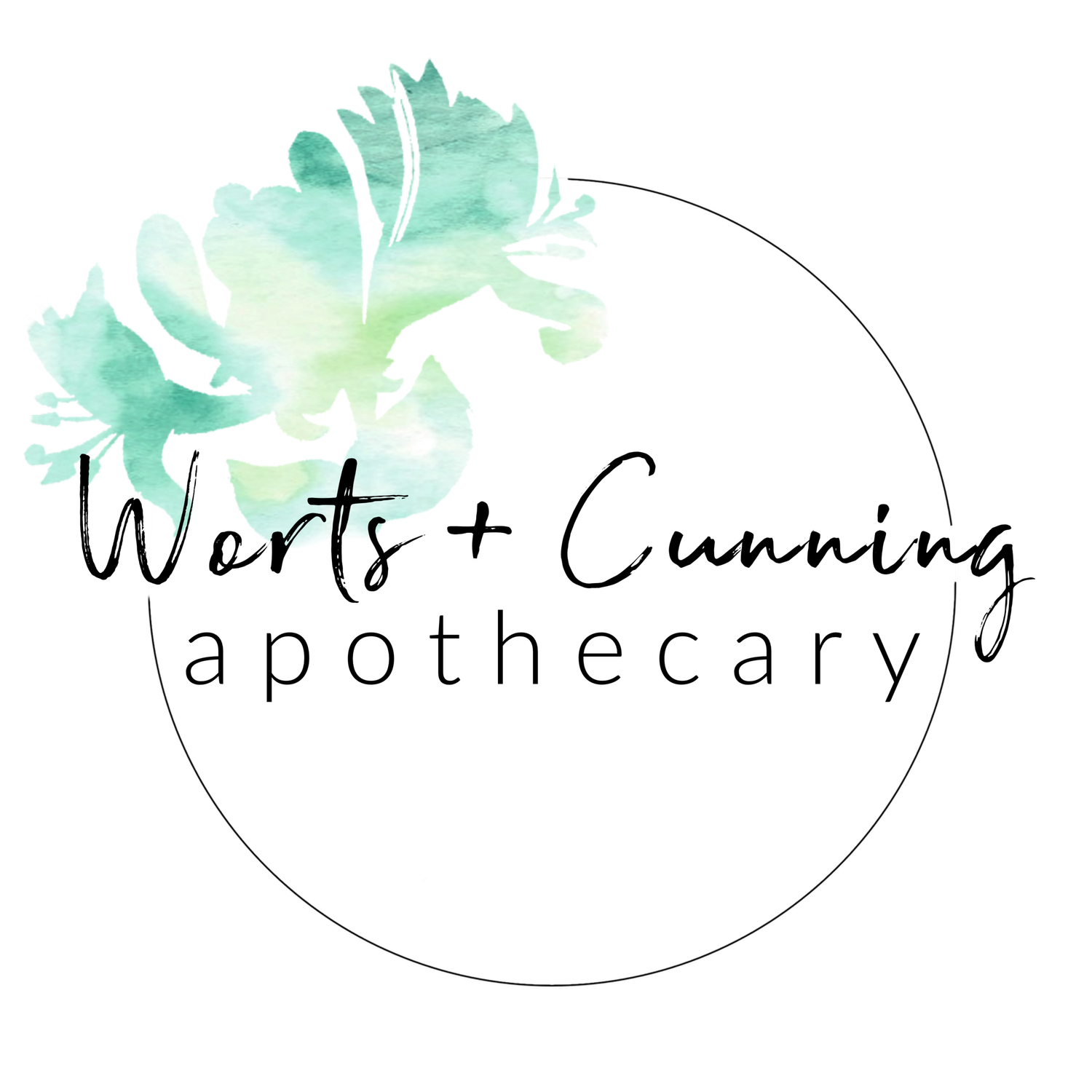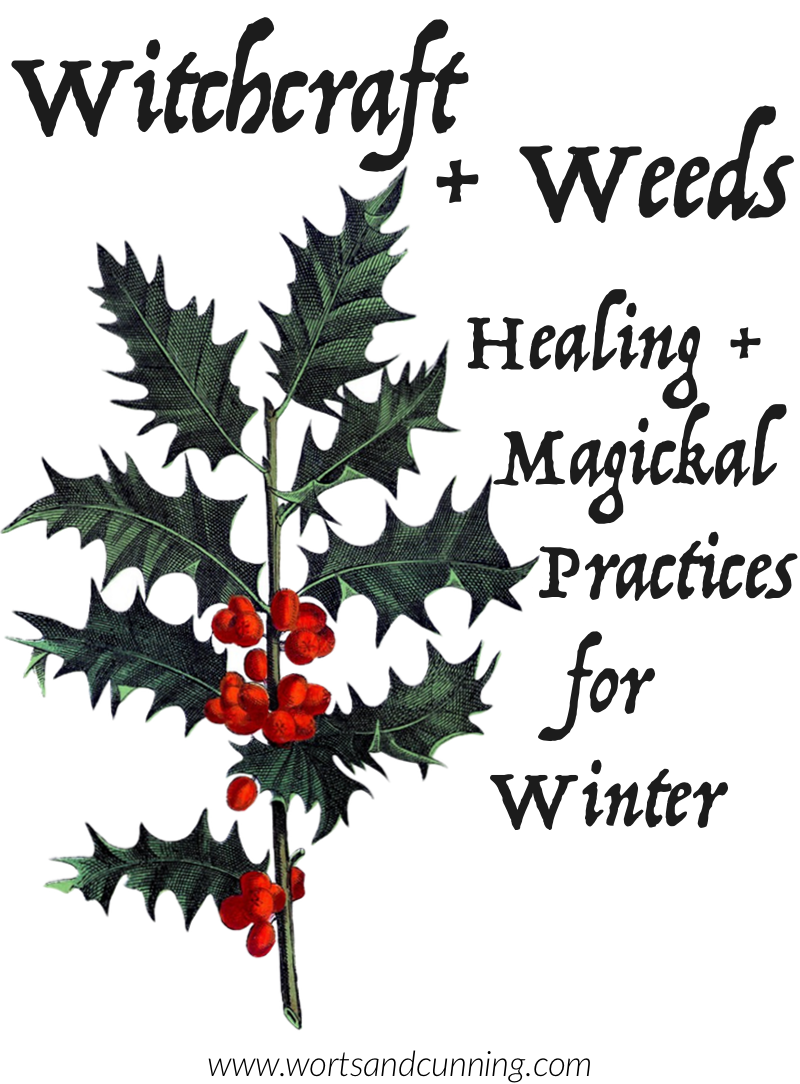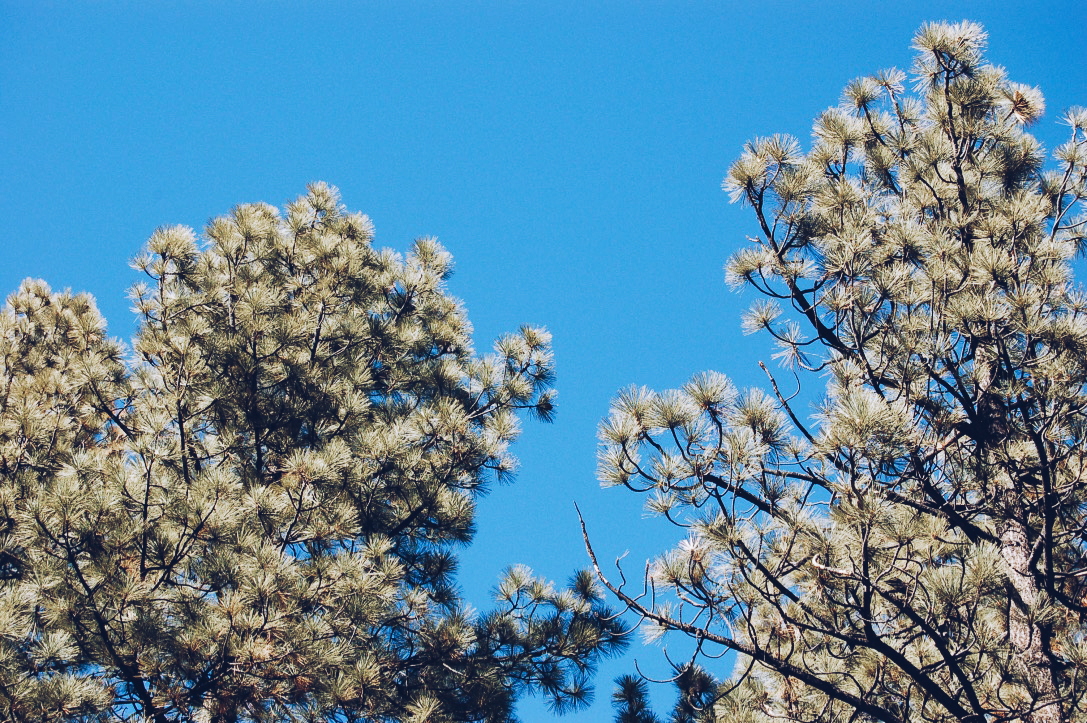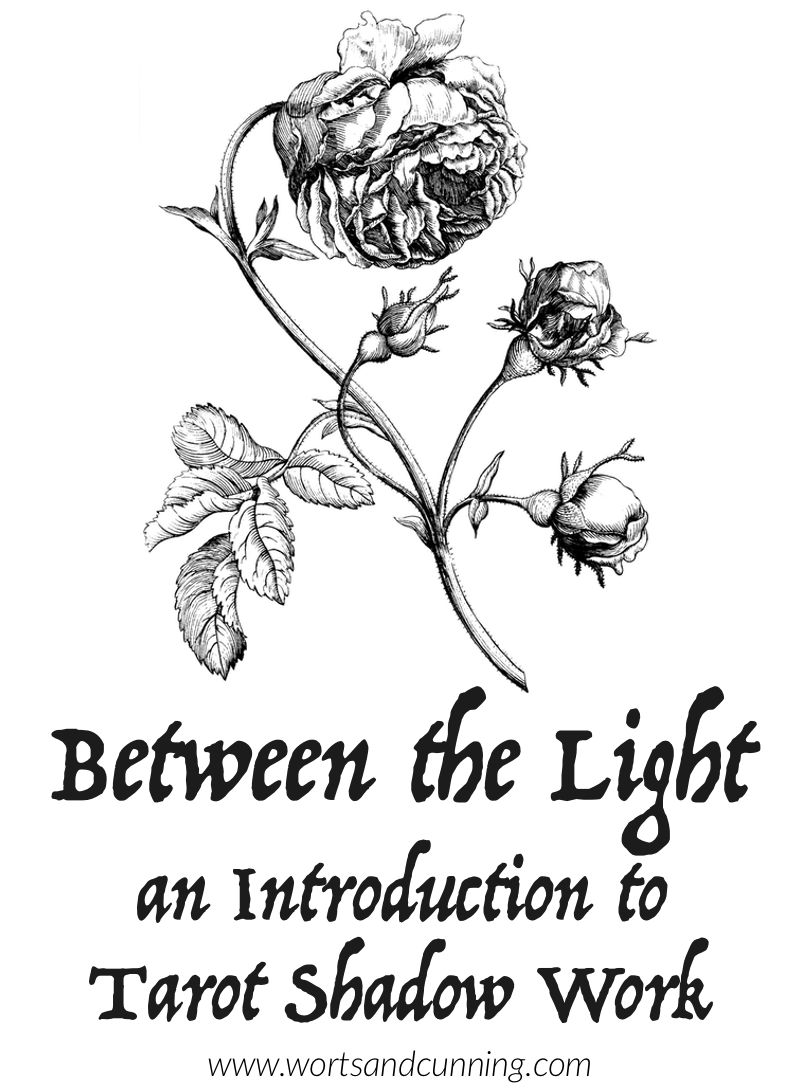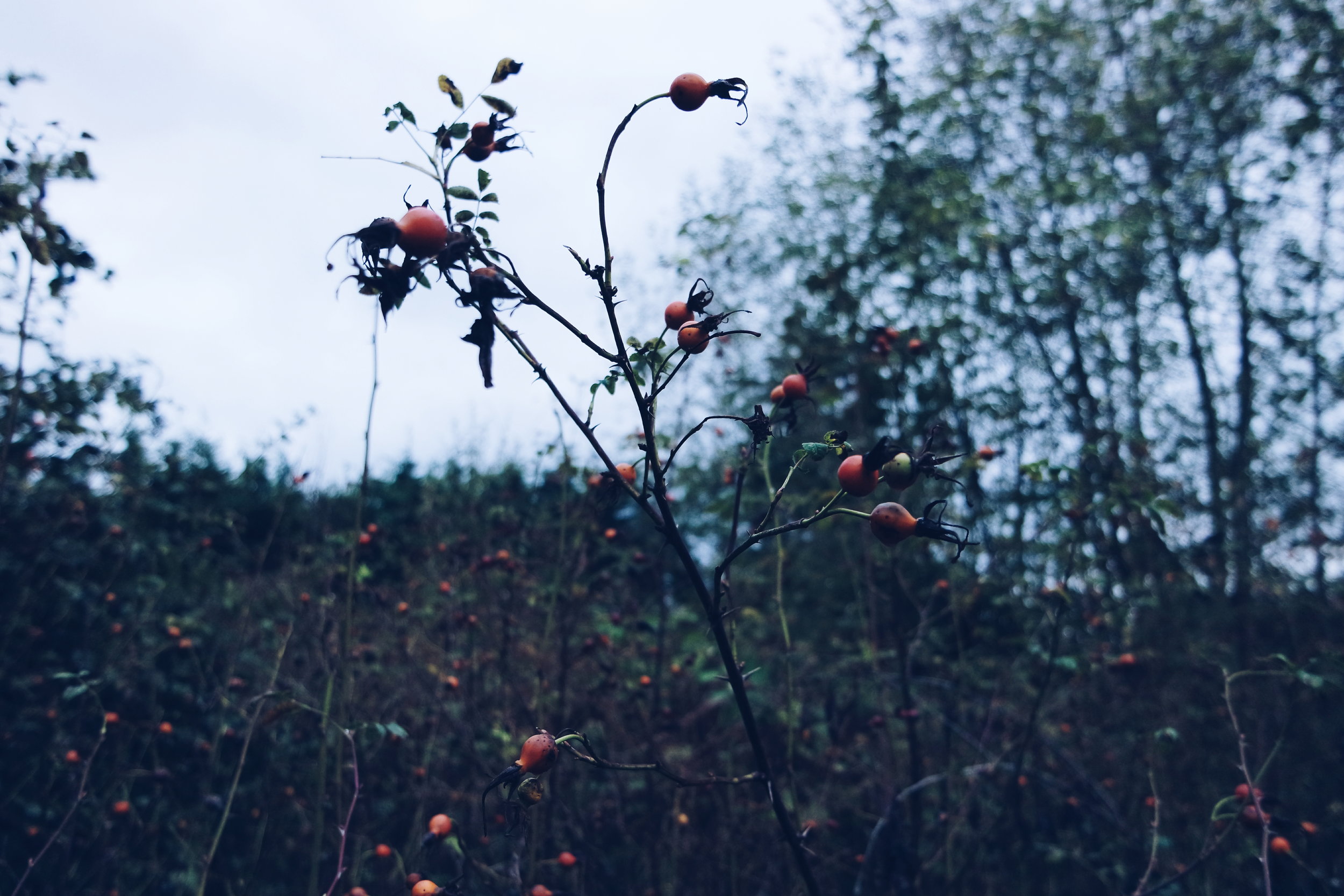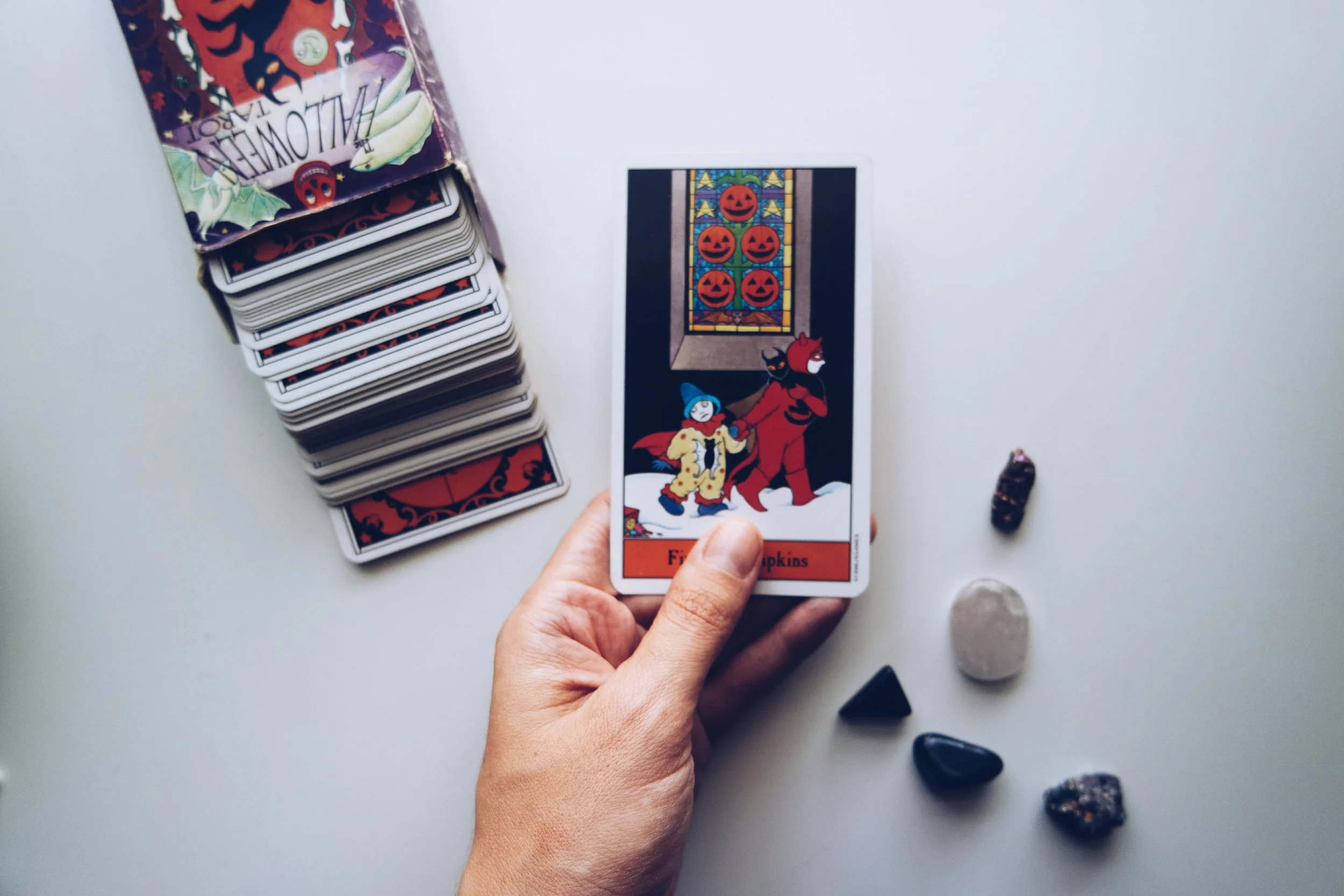Weeds
Body System Focus: Kidneys, Bladder, Liver, + Brain
or Strengthen + Settle Into Your Flow
Within the four elements system of traditional western herbalism (I write more about TWH energetics over here), the season of winter is the transformation of the dryness of earth into the coldness of water. Our bodies are moving from the busyness of gathering our resources in the fall to the settling depths of winter’s dark. It’s time to move from the hurry, hurry, get it done of fall into the slow down and have another cup of tea of winter. Continuing the magick of fall with warming stews and root vegetables. Heating and warming herbs are a must to help us keep our internal fires well taken care of as well as herbs that support the immune system. The plant allies of winter are immunomodulating and sometimes immunostimulating. They are often diuretic in nature, supporting liver and kidney health. If the magick of winter is difficult to connect to, check out the healing ways of Capricorn to help you find a spark of joy.
Weeds are scarce during winter, but the ones that remain are often roots, trees or connected to trees. Evergreens are persistent allies during the winter season and they’re scent alone can have an uplifting and invigorating affect on the body. Autumn's retreat from the summer is complete and the time of the Oldest Ones has arrived with their bare rattling bones and stone teeth. Enjoying foraged weeds as food and medicine is an amazing way to connect with the season and practice self-care. If you want to learn more about the healing properties of weeds, I highly recommend checking out The Wise Wisdom of Weeds: 13 Essential Plants for Human Survival by Katrina Blair.
Pine (Pinus spp.) : Evergreens like Pine offer some of the only color in far northern climates, keeping their green wrapped around them throughout the year. The needles of the tree are a rich source of vitamin C and make a enjoyable tea. Pine also supports healthy circulation and is a great preventative and restorative remedy from winter illnesses like laryngitis, bronchitis, and the ‘flu. It helps to protect cells from damage - an excellent ally in preventative care against cancer. I collect chunks of the recently fallen sap and add it to honey to create a antiviral, analgesic, and expectorant syrup for coughs and colds. Add the needles to baths for pain-relief and to soften tight muscles. Incorporate Pine into your practice if your health is impacted by feelings of guilt and failure - the tree teaches us how resilient by showing us what is no longer necessary to carry.
Chaga (Inonotus obliquus) : Chaga is a mushroom that grows on trees such as the Birch. It has recorded use in traditional Chinese medicine since the first century and is a prized medicine in many far northern habitats where it can be found growing wild. I was first introduced to Chaga while living in Maine where I would make crockpots of Chaga hot cocoa at the cafe I worked at (it was amazing stuff). Like many mushrooms, Chaga helps to regulate the immune system - a common need during the winter when colds are passed around like gifts. Chaga has been used in cancer care as it inhibits the growth of tumors and its rich antioxidant content. It’s a hepatoprotective mushroom, acting as a guardian of the liver. I love incorporating it into chai blends and herbal coffees as it lends an earthy and grounding taste.
Uva Ursi (Arctostaphylos spp.) : Known also as Bearberry, Uva Ursi is an evergreen shrub with extensive use in both European and American Indian medicine. Where Pine is warming, Uva Ursi is cooling, reducing inflammation and toxin-supporting heat. It’s a classic remedy in traditional western herbalism for kidney complaints including urinary tract infections, urethritis, bladder and kidney stones, kidney infections, pulmonary edema, and more. Uva Ursi also helps with the imbalances to the skin brought about by kidney problems including acne, rashes, and dandruff (use both topically and externally). Uva Ursi is powerful medicine and should only be used for a week at a time with week-long breaks in-between.
Oregon Grape Root (Mahonia aquifolium or nervosa, Berberis aquifolium or nervosa) : Similar to Uva Ursi, Oregan Grape is another evergreen shrub with antimicrobial and diuretic gifts that support the liver. The root is powerfully cleansing, sweeping through the body and clearing out excess heat. It opens the blood vessels helping to lower blood pressure. It dries up wet, damp, mucusy coughs and assists with general debility. Oregon Grape is a powerful ally when it comes to staph and other infections. The herb is also a great winter bitter, stimulating a sluggish digestive system and supporting a healthy appetite. Like Uva Ursi, skin problems caused by a sluggish liver and digestion are alleviated with Oregon Grape.
Dandelion Root (Taraxacum officinale) : Roasted Dandelion Root is an essential part of my cozy winter practice. The root supports liver health, gently detoxifying the overtaxed organ. It is wonderfully useful for skin complaints like acne and eczema both as an internal and external treatment. I incorporate the roasted root into chai blends and herbal coffees (both of which, you may have surmised at this point, are very popular in my house during the winter) and it brings a rich coffee-like flavor to the brew. If you’re someone who suffers from heartburn and excess acidity, try adding some Dandelion bitters into your routine before and after meals. Dandelion Flower Essence can be useful for folks who struggle with the dark of long winter nights, feeling hopeless and forlorn. The essence helps to bring brightness and levity to dark places.
Elm (Ulmus Procera) Flower Essence : Elm Flower Essence is for the doers and great sacrificers who do what needs doing, but at the end of the day they are left utterly exhausted. Folks who are best served by Elm are ones that struggle to take time off because so much of their self-worth is tied up in feeling useful to others. Elm teaches us how to find self-worth from within by taking much needed time off. The tree shows us different ways of connecting and communicating with people that doesn’t rely on us wearing ourselves thin. Elm is also useful for anyone who needs to take a break and put their busy lives and what they think must absolutely get done this very second into perspective.
